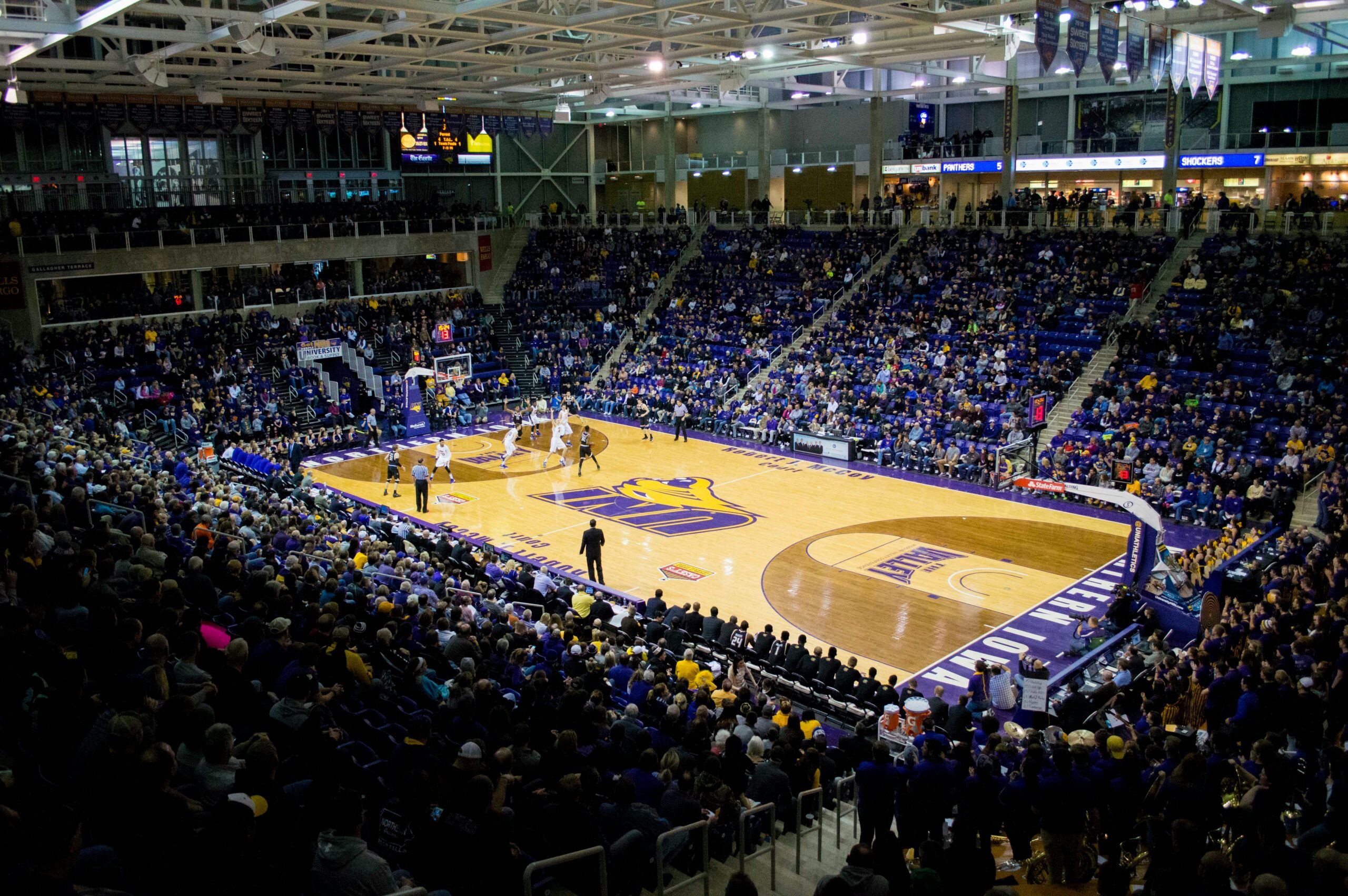As many know, changes in the last few years with respect to college athletics have allowed college athletes to get paid for their celebrity status. This has been accomplished through monetization of the NIL rights of the athletes in question. In this article, the NIL Rights Attorneys at Revision Legal answer a few Frequently Asked Questions (“FAQs”) about NIL rights.
Q. What are NIL rights?
“NIL” stands for “name, image and likeness.” So, “NIL rights” are property rights associated with a person’s name, image, and likeness.
Q. Why do NIL rights matter?
Basically, NIL can be monetized. That is, a person can make money — often, substantial money — allowing their name, image, and likeness to be used in marketing and advertising. Think about how sports stars are paid to endorse a product or a vacation destination. Likely, you have seen the cardboard cutouts at a local store where a celebrity is holding some product. The advertisers hope that customers will buy the product because it is endorsed by someone famous.
Q. How much money can I make?
Some college athletes are making hundreds of thousands of dollars a year. Top celebrities make millions a year.
Q. Are NIL rights something new?
No. NIL rights have a long history in the U.S. Hollywood celebrities and star athletes have long been paid for endorsements and other types of advertising. Hollywood and athletic stars are just a couple of examples. In our internet world, YouTubers, TikTok-ers, online influencers, and even professional video gamers can make money off their names, images, and likenesses.
Q. What changed for college athletes?
Advocates for college athletes have been arguing for years that athletes should be paid and paid a lot more for their participation in college sports. Advocates were finally able to use legal arguments to convince some courts to recognize that college athletes were not being treated fairly. As a result, various state legislatures changed their state laws to allow college athletes to get paid via their NIL rights. This led to a cascade of changes in state statutes so that, now, nearly every state allows college athletes to get paid for their NIL rights.
Q. What about high school athletes?
Yes, in many states, high school athletes can get paid for their NIL rights.
Q. Are there restrictions for NIL rights?
Personalities get paid for the use of their NIL by private marketers and advertisers through the use of NIL Rights agreements. That is, the “talent” signs a contract allowing the advertiser to use their name, image, and likeness. As one might expect, the contract contains rules and restrictions.
In addition, with college athletes, schools and conferences impose certain rules and restrictions. For example, many colleges and universities restrict athletes from appearing in advertising in the school’s uniform or with the school’s logos.
Finally, the various state statutes may impose restrictions that would apply to NIL rights agreements made by residents of that state.
Q. Can college athletes hire agents and lawyers?
Yes. There are still restrictions on hiring agents for going professional, but generally, student athletes are allowed to hire agents to help them obtain NIL agreements and to hire NIL Rights Lawyers to help with the legalities.
Contact The NIL Rights and Esports Attorneys At Revision Legal
For more information, contact the experienced NIL and e-sports Lawyers at Revision Legal. You can contact us through the form on this page or call (855) 473-8474.




